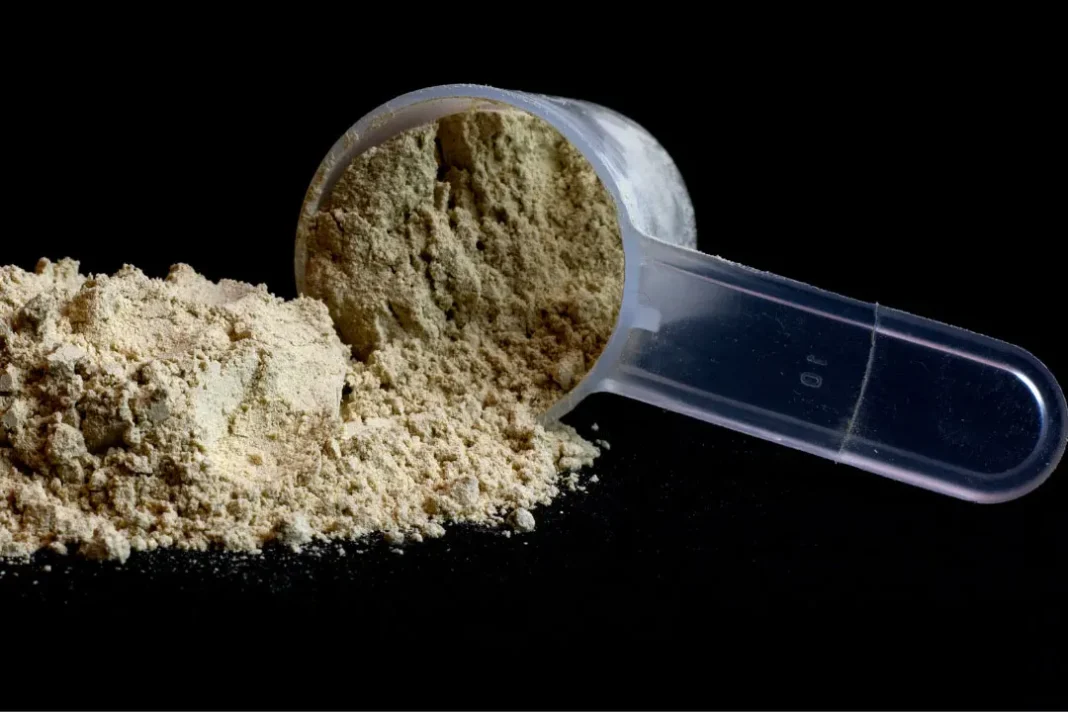The use of protein supplements has become a common practice among health-conscious individuals, athletes, and gym enthusiasts alike as part of their daily routines. Protein shakes can be used as a meal replacement or a weight loss tool by some people to help them lose a few extra pounds. There are a number of different types of protein supplements, but there are two main proteins that dominate the market, namely whey protein and pea protein. Both of these products have unique advantages and appeal to a wide range of dietary and lifestyle preferences. Throughout this article, we will examine what makes these two types of protein different from each other, and how to choose the best one for your needs.
You May Also Like:
THE PROS AND CONS OF PROTEIN SUPPLEMENTS
HUBERMAN SLEEP SUPPLEMENTS VS DELTA BRAINLUXURY
Comparing 2 Super Supplements: Whey vs Pea Protein is an original (MedNewsPedia) article.
Whey vs pea protein:
The basics
There are a couple of things that you should know about protein supplements before we jump right into understanding Whey vs Pea Protein. Protein is an essential nutrient the body needs for processes like muscle repair, tissue building, muscle growth, and more.
While many individuals may get their needed protein from a normal diet by eating meats and other substances, other individuals may struggle to meet protein needs or may have dietary preferences that prevent them from eating animal products.
Protein supplements are a convenient way to ensure you are getting enough protein in your diet. They are easy to incorporate into your daily routine and come in various forms, such as powders, bars, and drinks. Protein supplements offer individuals an easy and convenient way to get their needed protein without requiring a full meal. However, it is important to choose the right protein supplement for your needs.
Whey vs pea protein:
Whey protein
In the world of protein supplements, whey protein is unsurpassed. A natural amino acid derived from milk, this product is remarkable for its complete amino acid profile and rapid absorption. A key attribute of Whey protein is its completeness, as it contains all nine essential amino acids. Because these amino acids can’t be produced by the body, Whey protein is an exceptional source of these amino acids.
Whey protein’s digestion and absorption are fast. It quickly breaks down into amino acids upon consumption, promoting muscle repair and growth. This characteristic makes it a great protein source after intense workouts, offering unparalleled recovery support.
Branched-chain amino acids (BCAAs), particularly leucine, play an important role in muscle protein synthesis and recovery after vigorous exercise. Whey protein is a good source of immunoglobulins and lactoferrin, which enhance the immune system. Whey protein also contains the powerful antioxidant glutathione, protecting against oxidative stress.
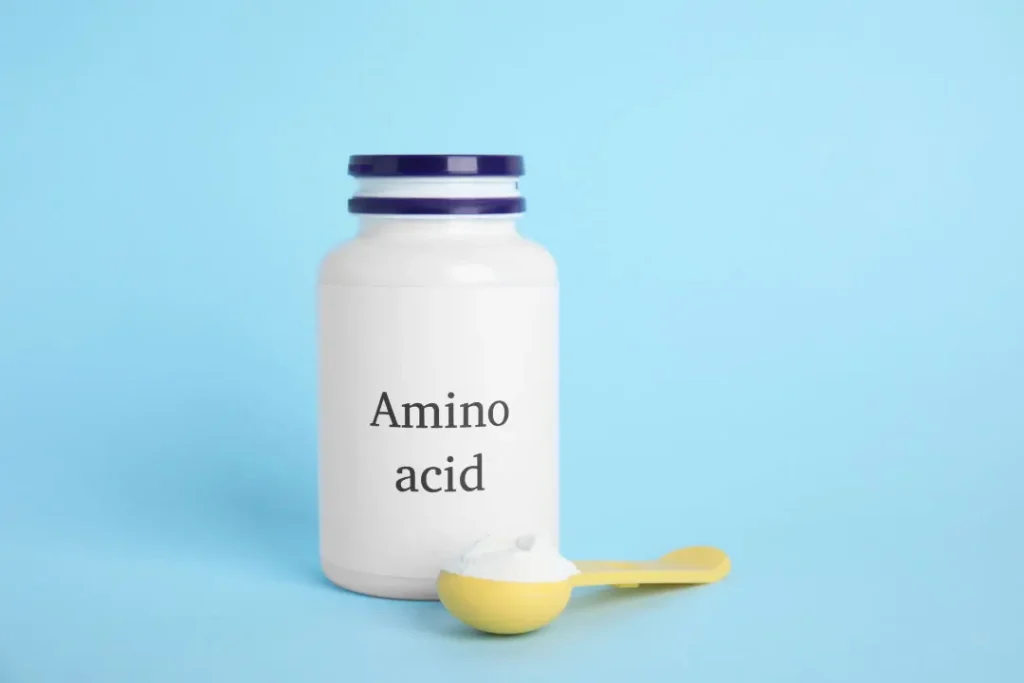
Whey vs pea protein:
Pea protein
Plant-based diets have made pea protein an attractive alternative to Whey protein. Pea protein is a remarkable source of plant-based protein made from yellow split peas, making it ideal for vegans, vegetarians, and lactose-intolerant individuals. A notable benefit of pea protein is its vegan and vegetarian-friendliness, appealing to those seeking alternatives to animal protein. It is naturally free of allergens, lactose, and gluten, setting it apart from whey protein.
Pea protein offers bioactive peptides that may benefit heart health and blood pressure, making it a heart-smart choice. Pea protein is environmentally friendly, utilizing fewer natural resources and generating fewer greenhouse gases compared to the dairy industry which produces whey protein.
Whey vs pea protein:
Nutrition
Taking a closer look at their nutritional profiles and comparing them will help you determine which is best for you.
As a complete protein source, whey protein contains essential amino acids, such as BCAAs. BCAAs, particularly leucine, help muscle proteins to synthesize and recover. In contrast, Pea protein, although not a complete protein, has a commendable amino acid profile, although it contains relatively less methionine than other essential amino acids.
Despite whey protein’s high digestibility and rapid absorption, it can cause digestive discomfort for those with lactose intolerance or dairy allergies. Pea protein’s hypoallergenic nature and gentle digestion make it an excellent alternative for those with food sensitivities.
In terms of sustainability, pea protein has an edge. It is more eco-friendly and resource-efficient to grow peas than it is to produce whey protein from dairy farming. Individuals can contribute to a more sustainable food system by choosing pea protein.
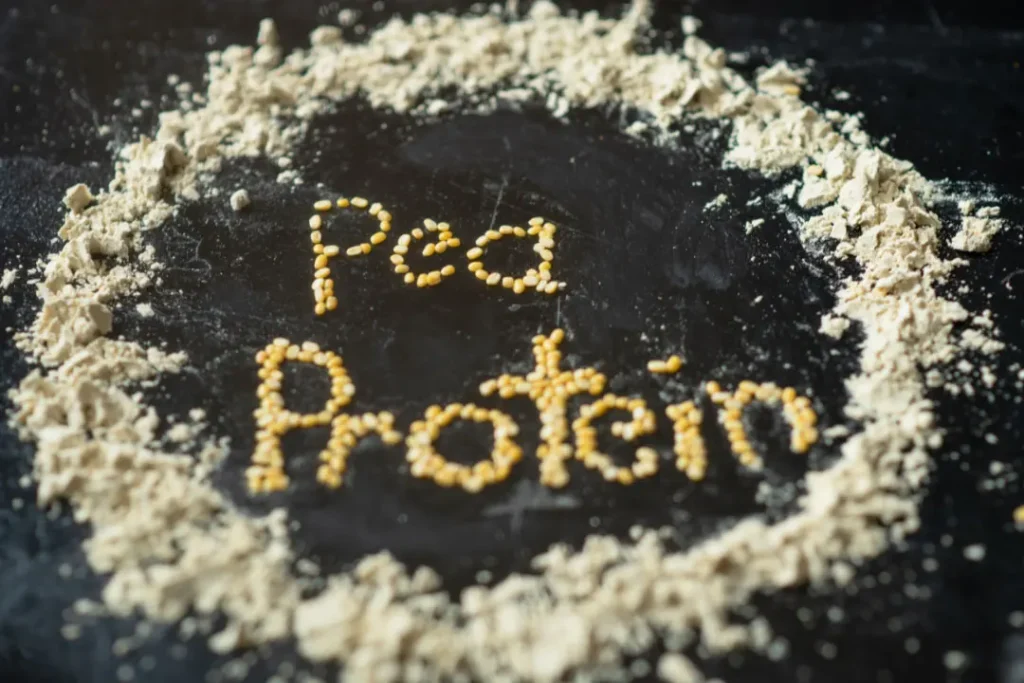
Whey vs pea protein:
Making a choice
The choice between Whey and Pea protein hinges on individual needs, dietary preferences, and health considerations.
Athletes and gym enthusiasts looking for a quick way to recover from their workouts and build muscle can benefit greatly from the use of whey protein. The product is also suitable for those individuals that are looking for a complete amino acid profile in their protein sources. Whey protein is a great source of essential amino acids and it absorbs quickly into the body, making it ideal for post-workout recovery.
Additionally, it is low in fat and contains no cholesterol, making it a healthy choice for those looking to build muscle and maintain a healthy lifestyle. As a protein source, whey protein fills the bill as it contains all nine essential amino acids that the body is unable to produce on its own, as well as having a high branched-chain amino acid content (BCAA) than other protein sources.
If you’re following a vegan or vegetarian diet and are looking for a superior source of plant-based protein, then pea protein is a great choice for you. The pea protein is a gentle and allergen-friendly protein that is suitable for those who suffer from lactose intolerance or dairy allergies. Pea protein is gentle on the stomach and easy to digest, making it an ideal choice for those with sensitive stomachs or digestive issues. It is also a great source of amino acids, essential minerals, and vitamins. The ethos of your eco-conscious ethos aligns perfectly with that of pea protein for those people who are passionate about protecting the planet.
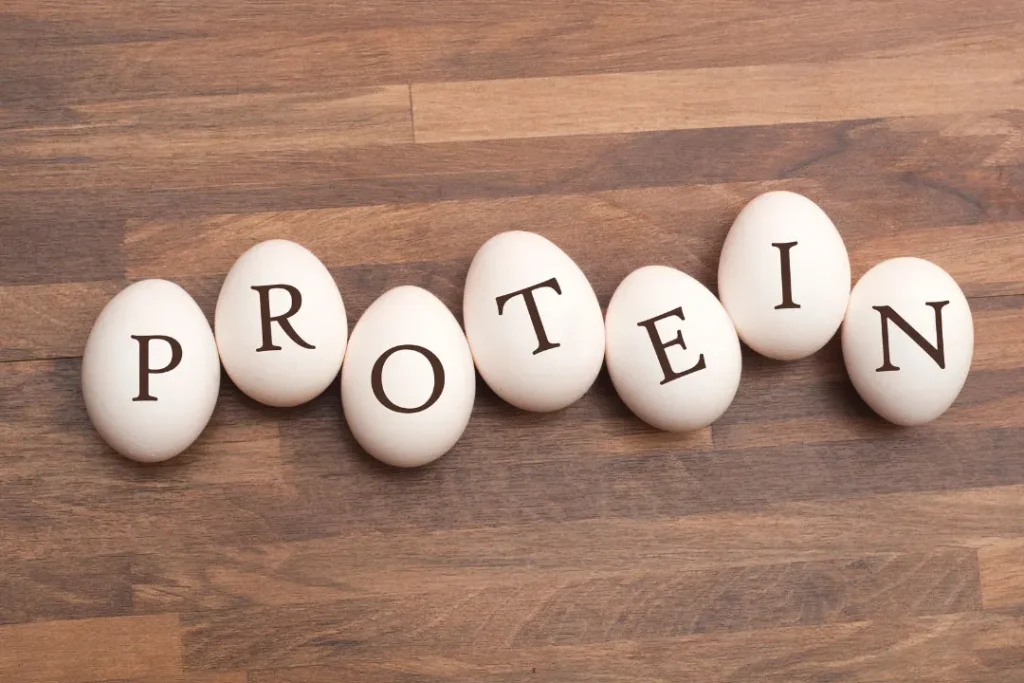
Whey vs pea protein:
Healthy Truth
Among the market’s best and most reputable suppliers of pea protein, Healthy Truth’s Go Pro stands out as one of the best and most reputable sources when it comes to high-quality pea protein. With a strong commitment to providing top-notch nutritional products, Healthy Truth ensures that health-conscious individuals can make informed choices for their well-being. Go Pro is an all-natural plant-based protein powder that is free of all artificial additives and preservatives. It is also high in essential amino acids and rich in vitamins and minerals. With an emphasis on quality, Healthy Truth’s Go Pro is an excellent choice for those looking for a reliable and healthy source of plant-based protein.
Healthy Truth offers a diverse range of premium Pea protein products designed to cater to various dietary need and preferences in taste. Whether you’re a vegan, vegetarian, or simply looking for a sustainable protein source, Go Pro has got you covered. Go Pro protein products are carefully crafted to deliver essential nutrients and support your fitness journey effectively.
For a complete list of Healthy Truth’s products and specifications, visit their website at (healthytruth.com). From protein powders to bars and beyond, Go Pro by Healthy Truth offers a wealth of options to meet your protein needs and fuel your active lifestyle.
Whey vs pea protein:
Final thoughts
Although both super supplements flaunt their own distinctive advantages, the ultimate victor of the Whey vs Pea Protein battle remains elusive. With its complete amino acid profile and rapid absorption, whey protein is a powerful muscle-building and post-workout recovery partner.
Pea protein, on the other hand, is seen as a beacon of sustainability, offering a plant-based option for vegans, vegetarians, and people with lactose intolerance and allergies. Both proteins offer essential benefits and, ultimately, the choice of which one to use depends on individual needs and preferences. It is important to consider all options before making a decision, and to always consult a healthcare professional if needed.
If you are looking for the perfect protein source, think about the wonderful benefits of pea protein. Achieve your health objectives while aligning your dietary choices with your ethical values. Pea protein’s sustainable and plant-based allure ensures you’ll find premium products waiting to accompany you on your fitness journey and enhance your health. Let the plant-based goodness of Pea protein nurture your body and soul, making it a delightful choice for vegans, vegetarians, and those seeking a gentle protein option for their sensitive tummies. It’s an exceptional decision that will benefit your health, the environment, and your taste buds.
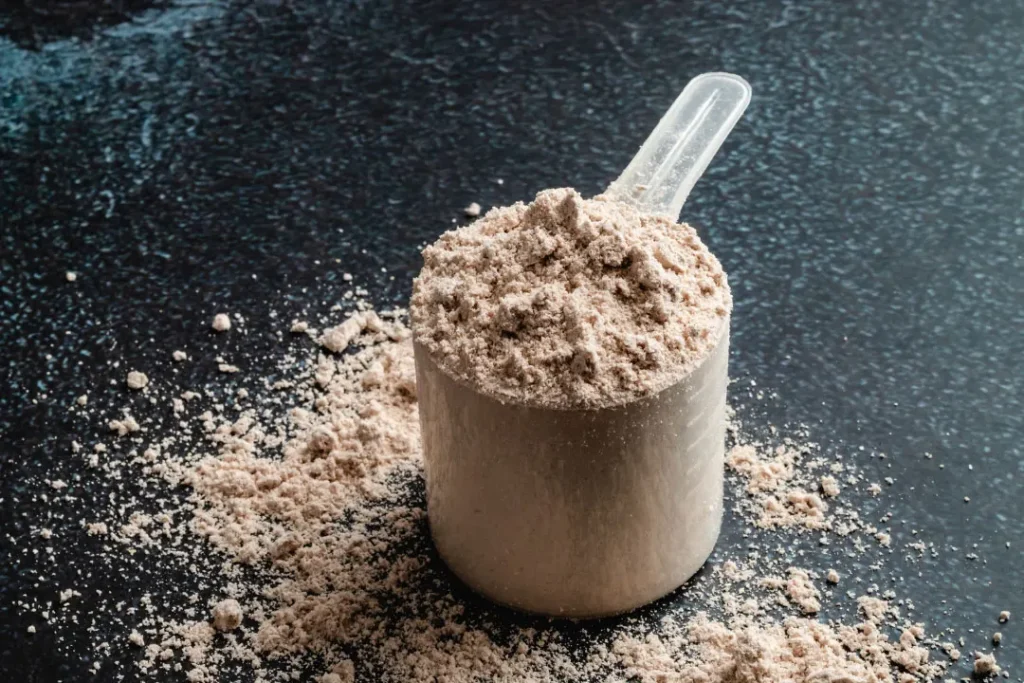
Important Note: The information contained in this article is for general informational purposes only, and should not be construed as health or medical advice, nor is it intended to diagnose, prevent, treat, or cure any disease or health condition. Before embarking on any diet, fitness regimen, or program of nutritional supplementation, it is advisable to consult your healthcare professional in order to determine its safety and probable efficacy in terms of your individual state of health.
Regarding Nutritional Supplements Or Other Non-Prescription Health Products: If any nutritional supplements or other non-prescription health products are mentioned in the foregoing article, any claims or statements made about them have not been evaluated by the U.S. Food and Drug Administration, and such nutritional supplements or other health products are not intended to diagnose, treat, cure, or prevent any disease.


